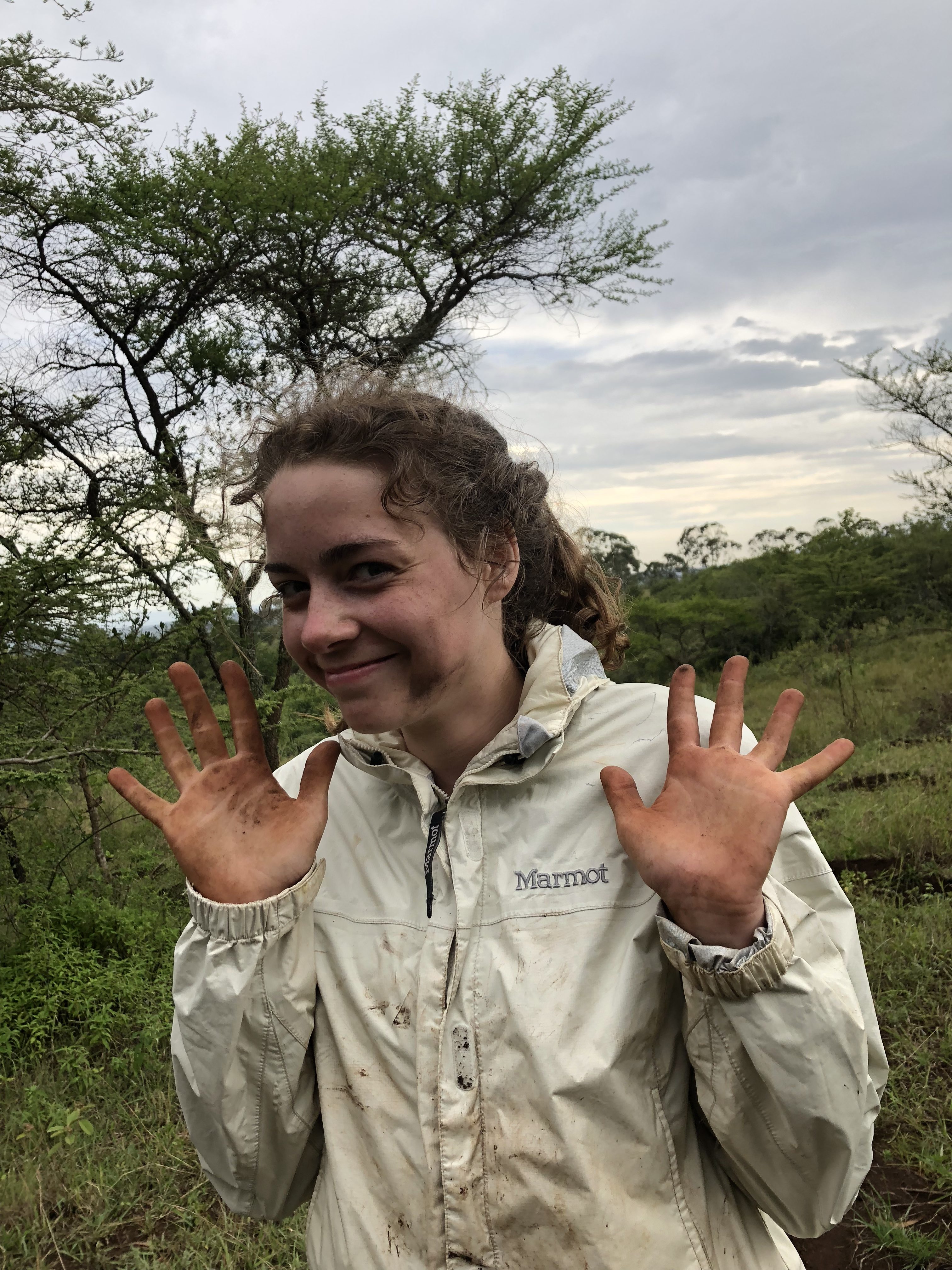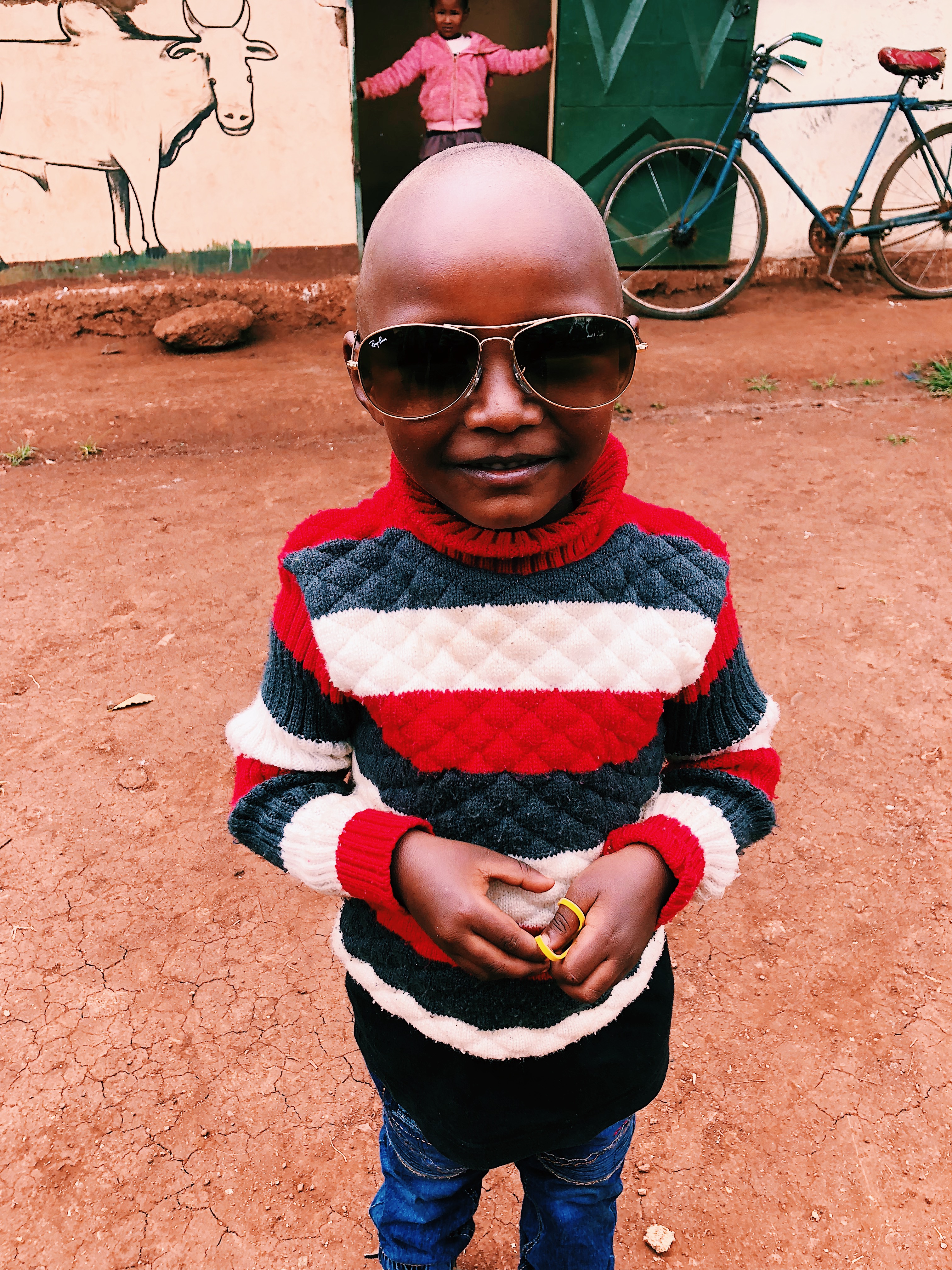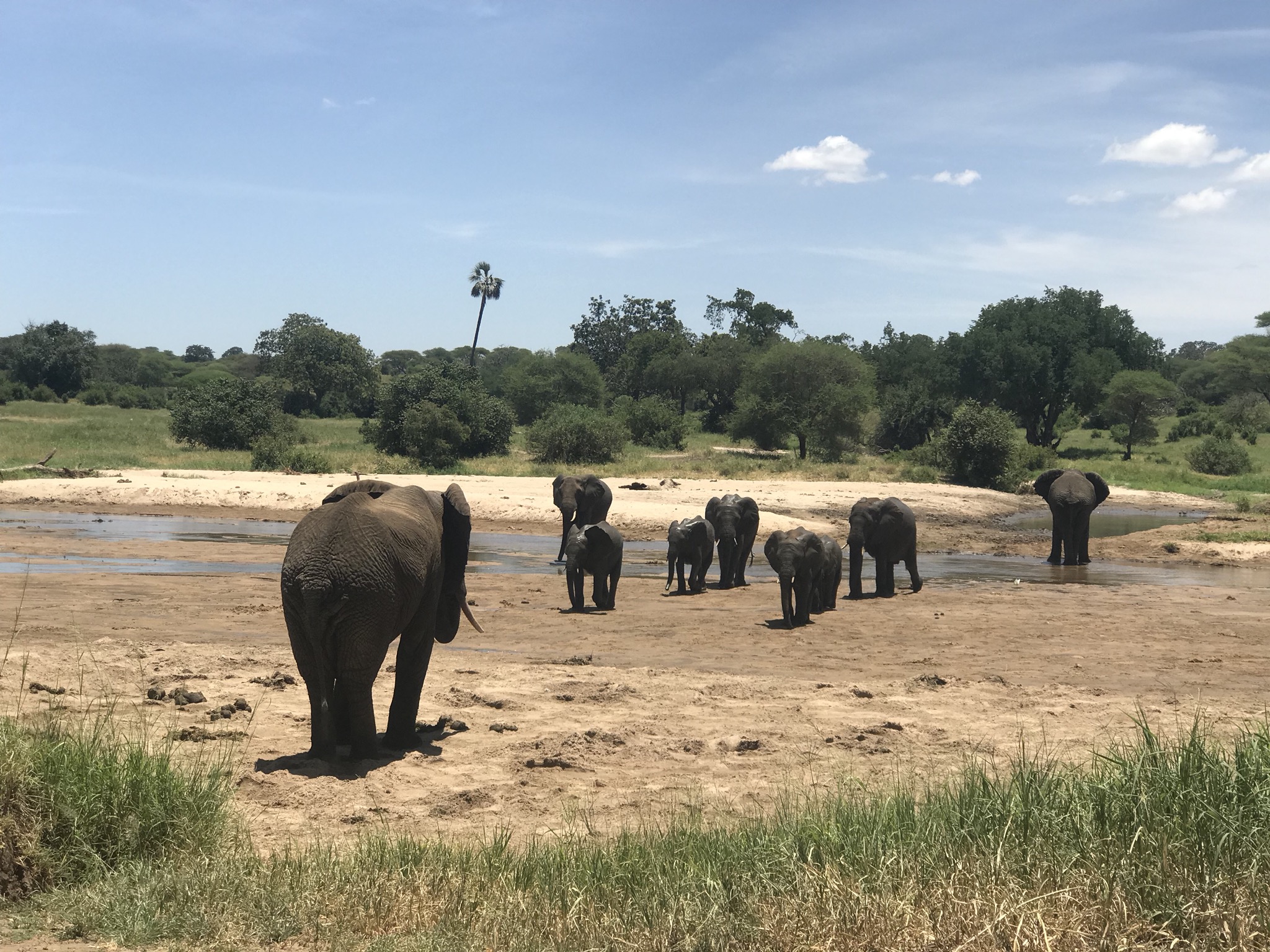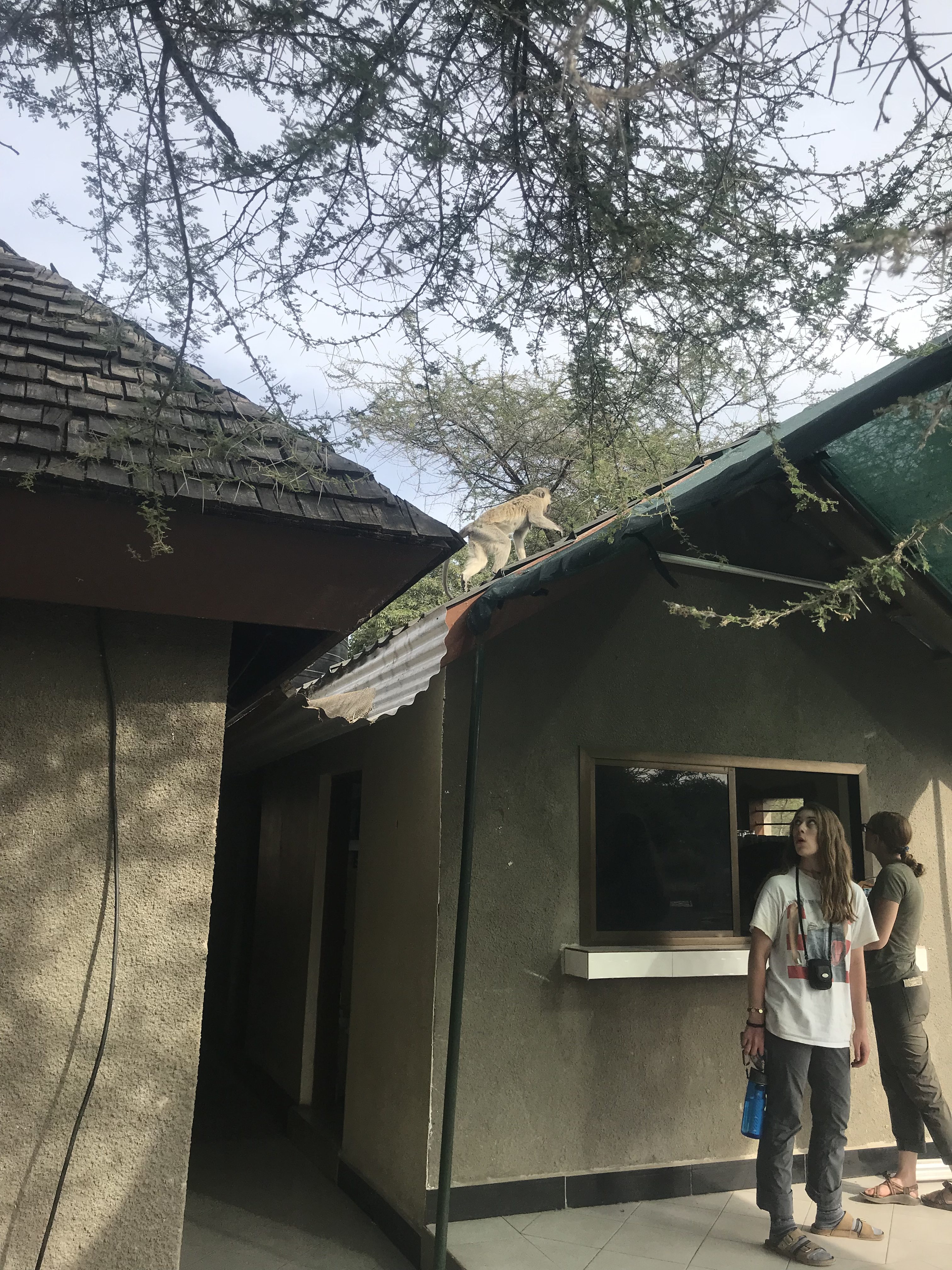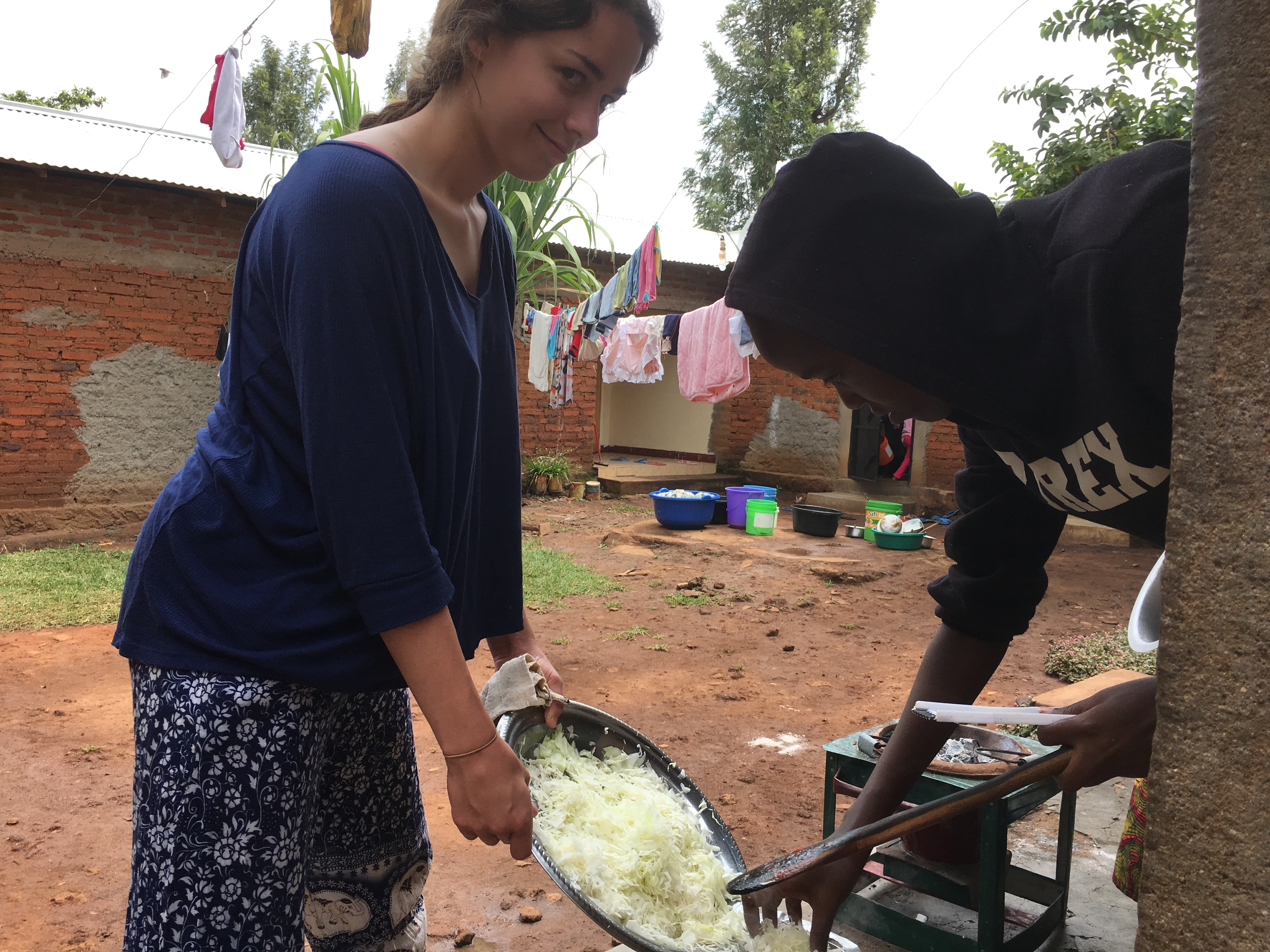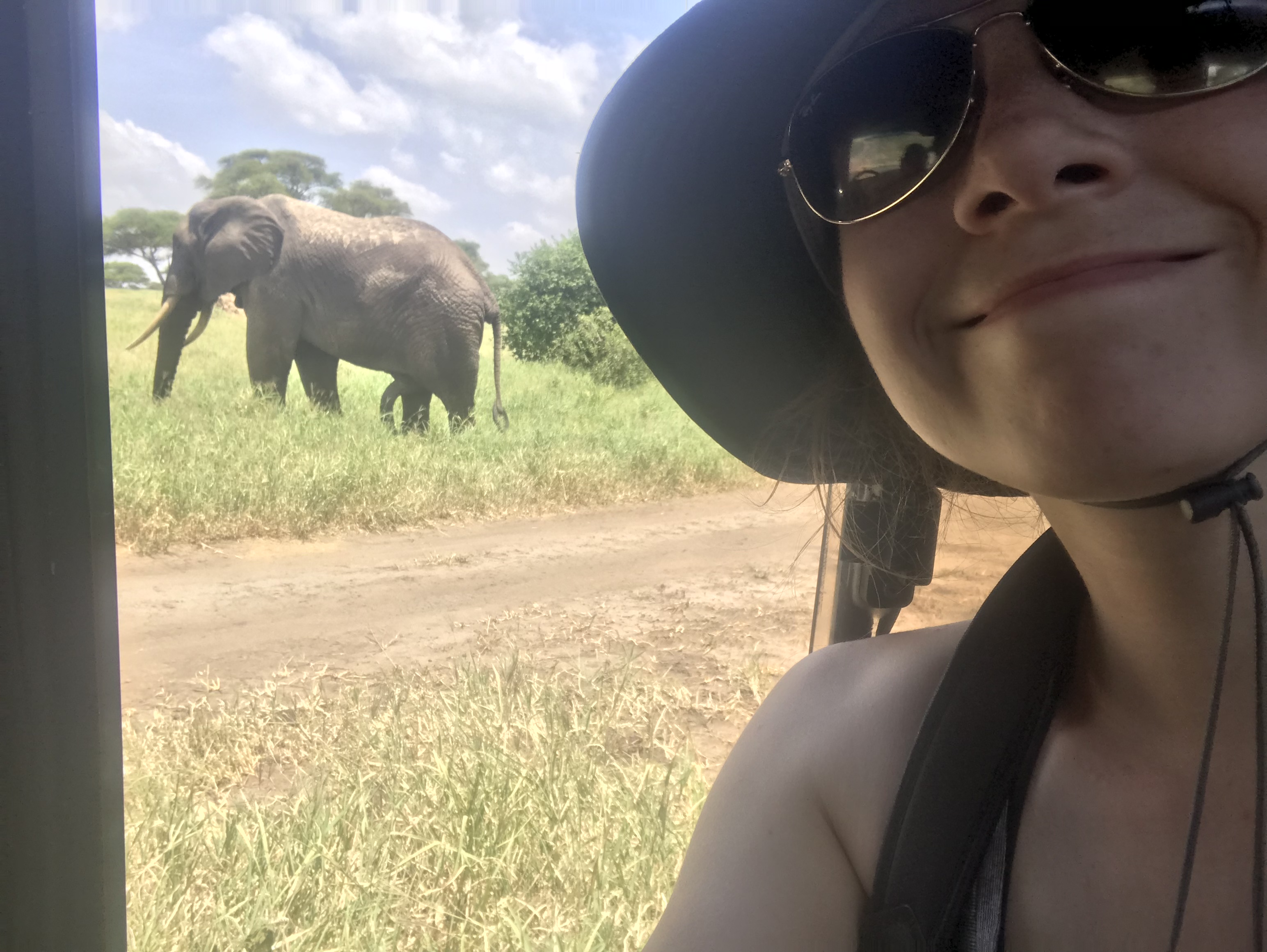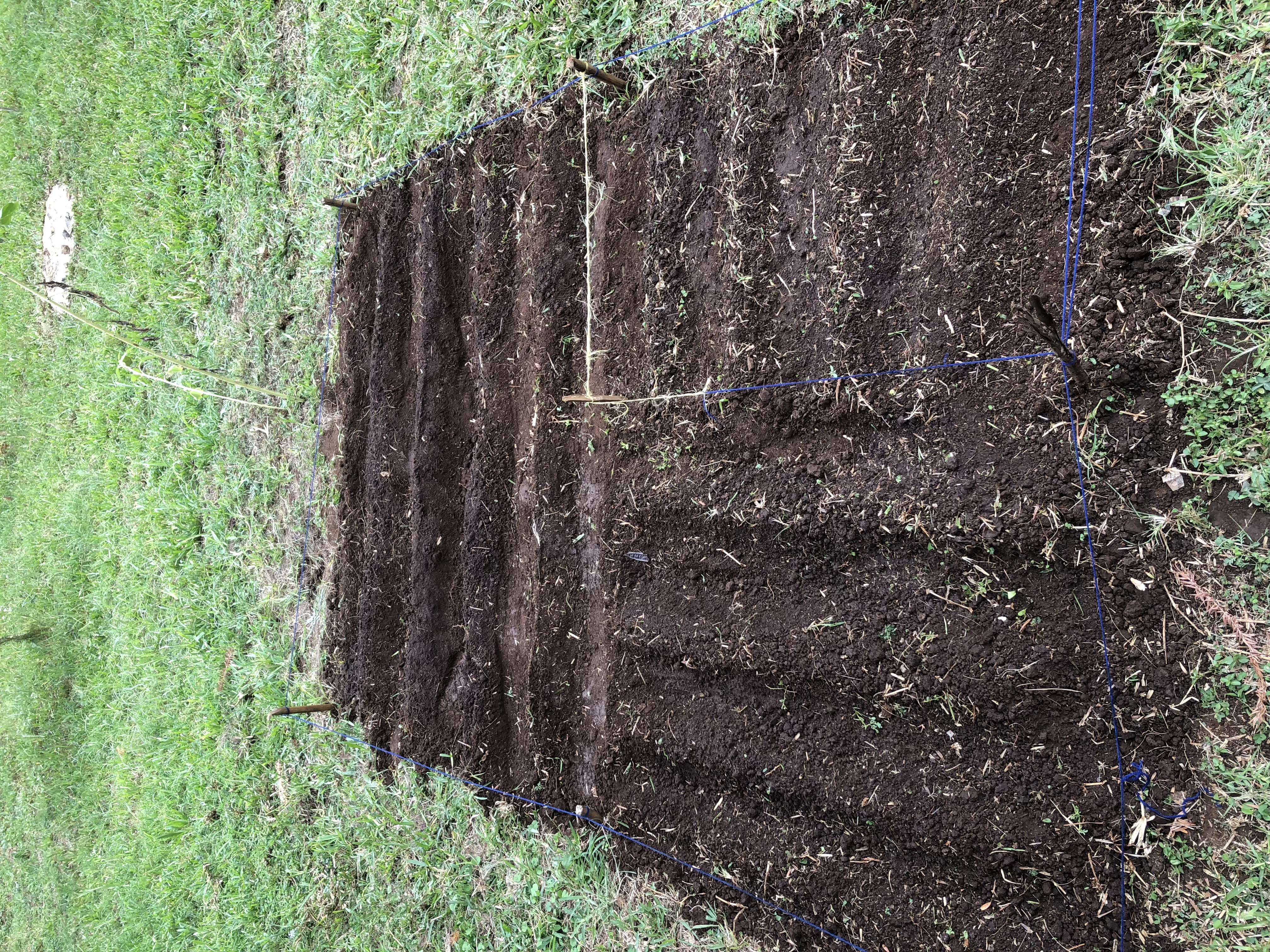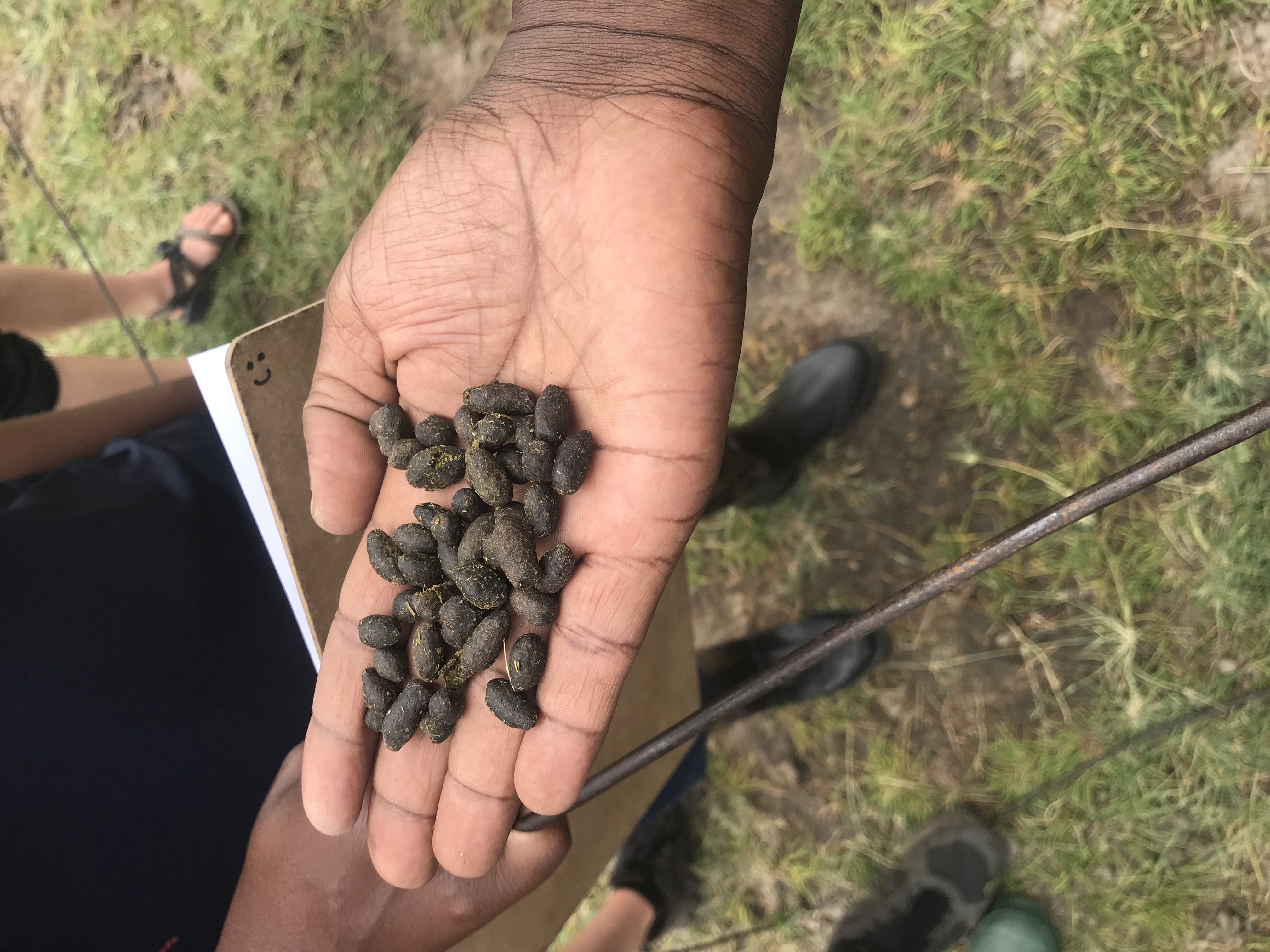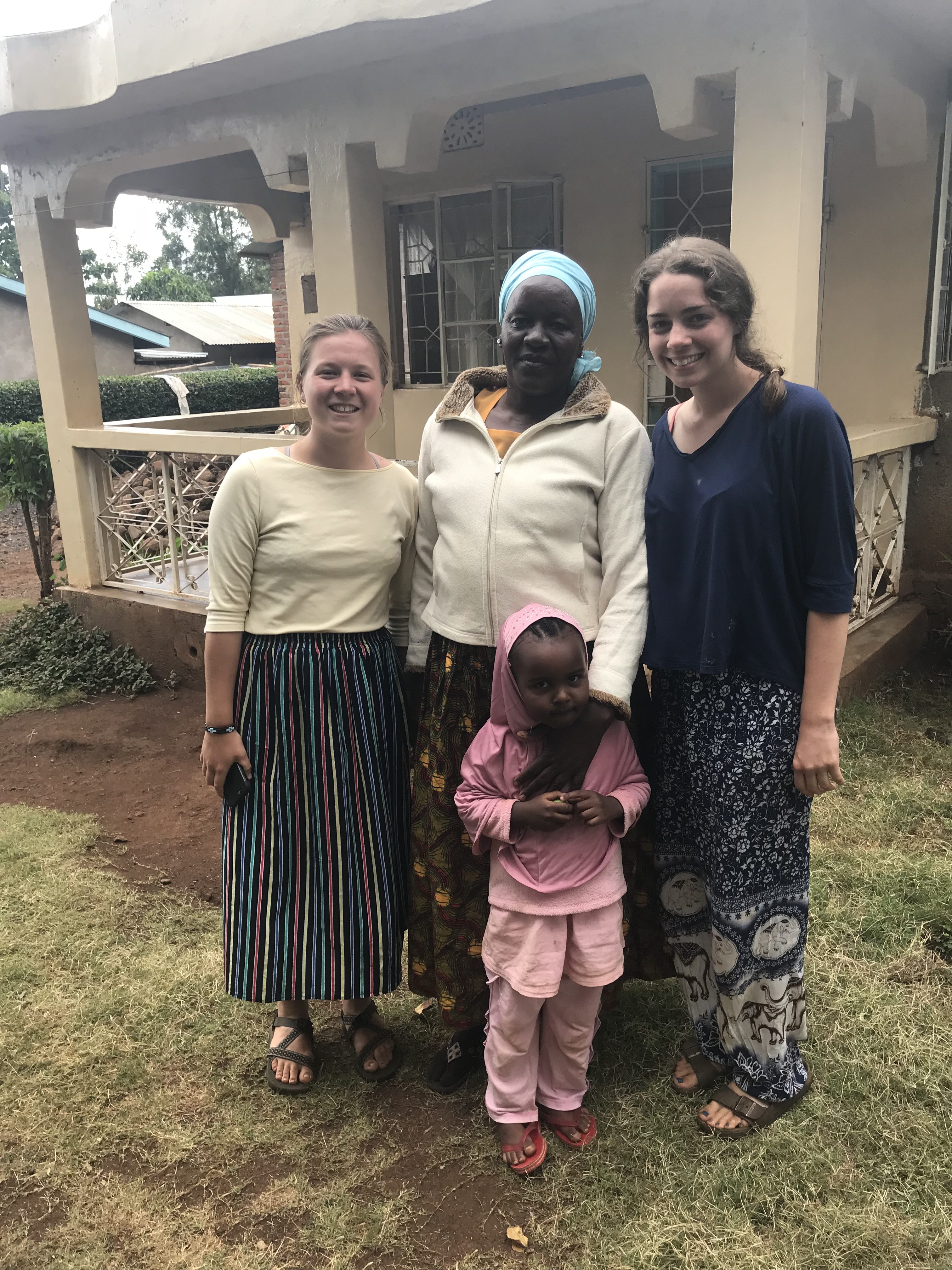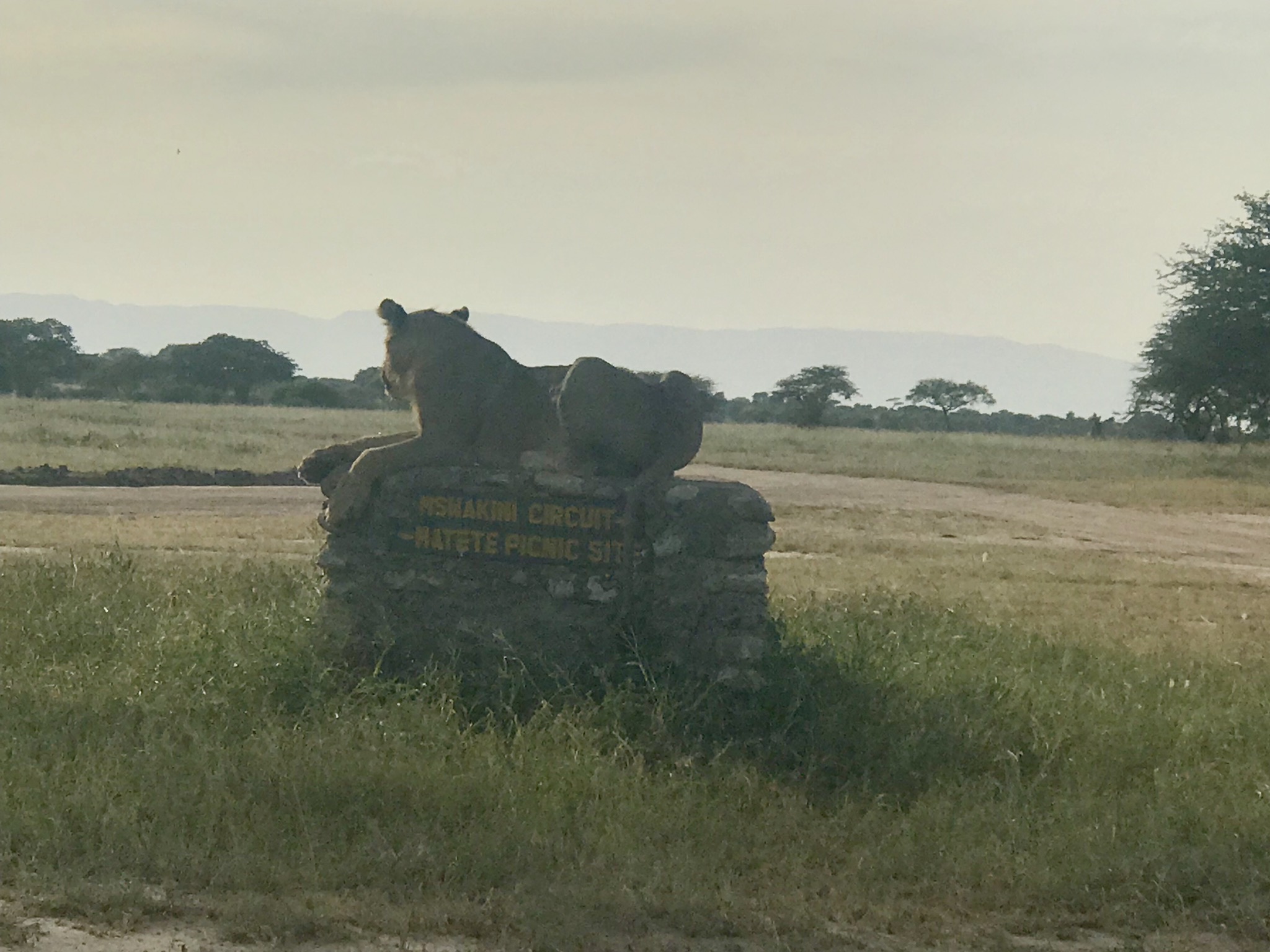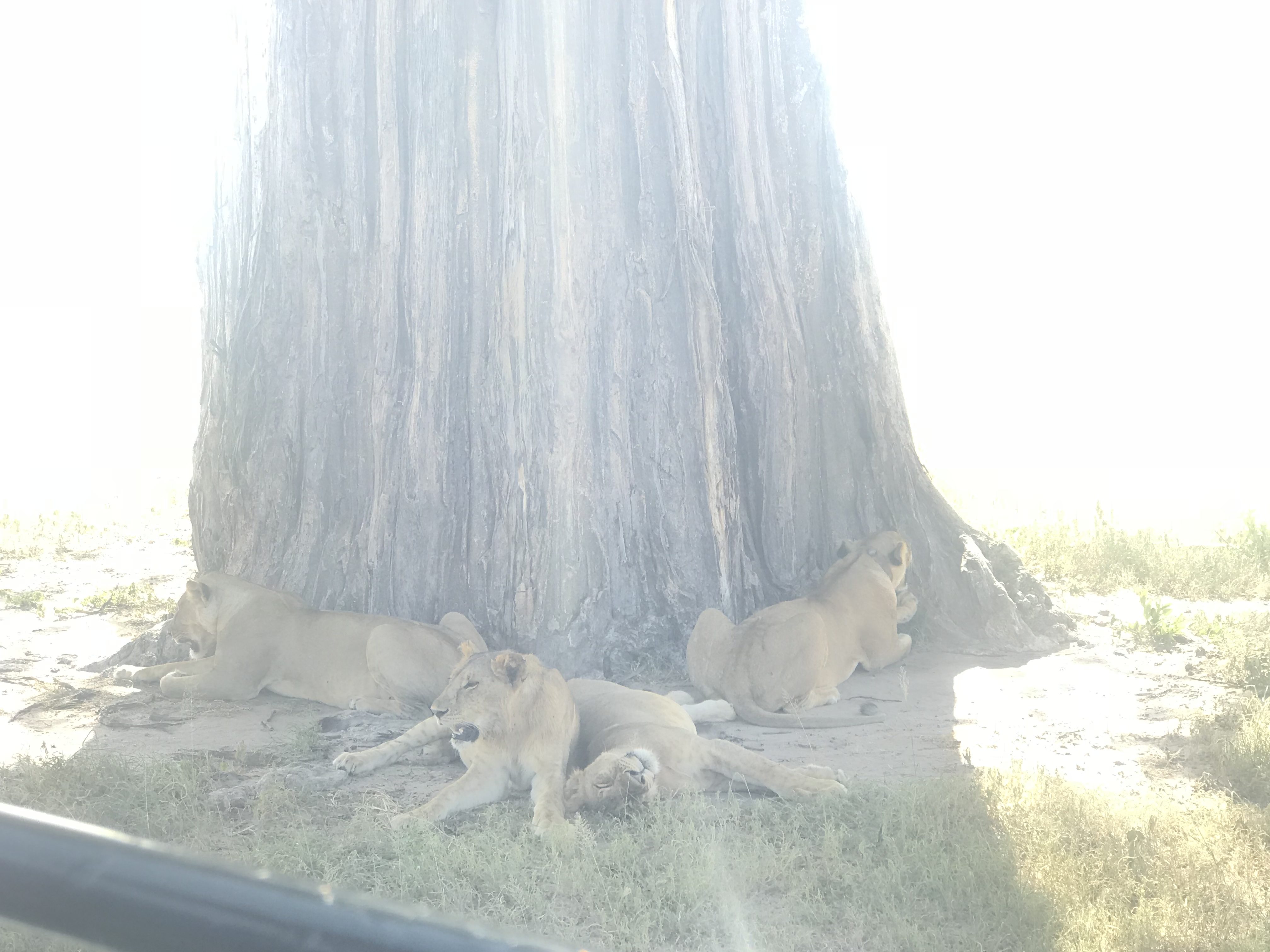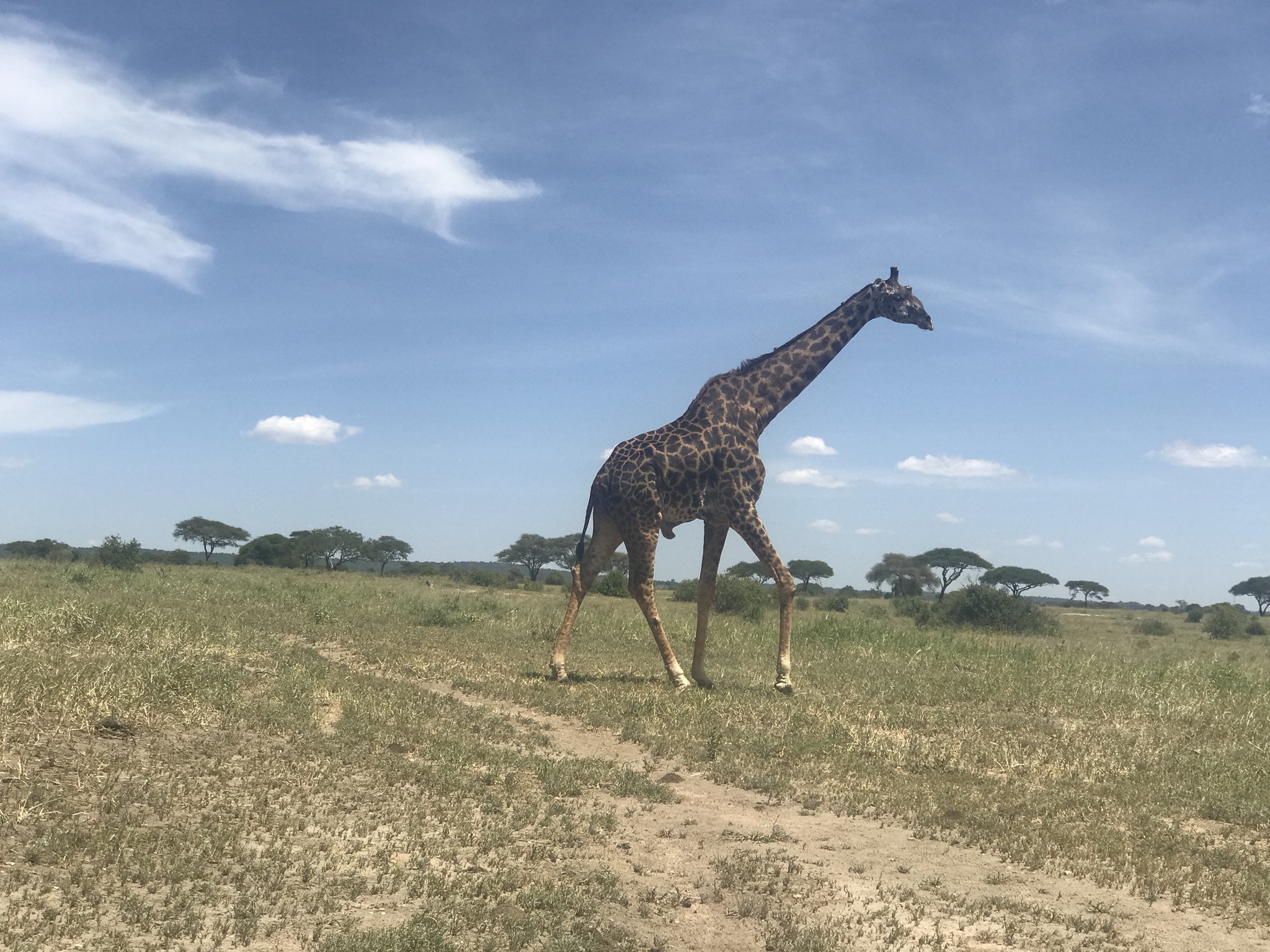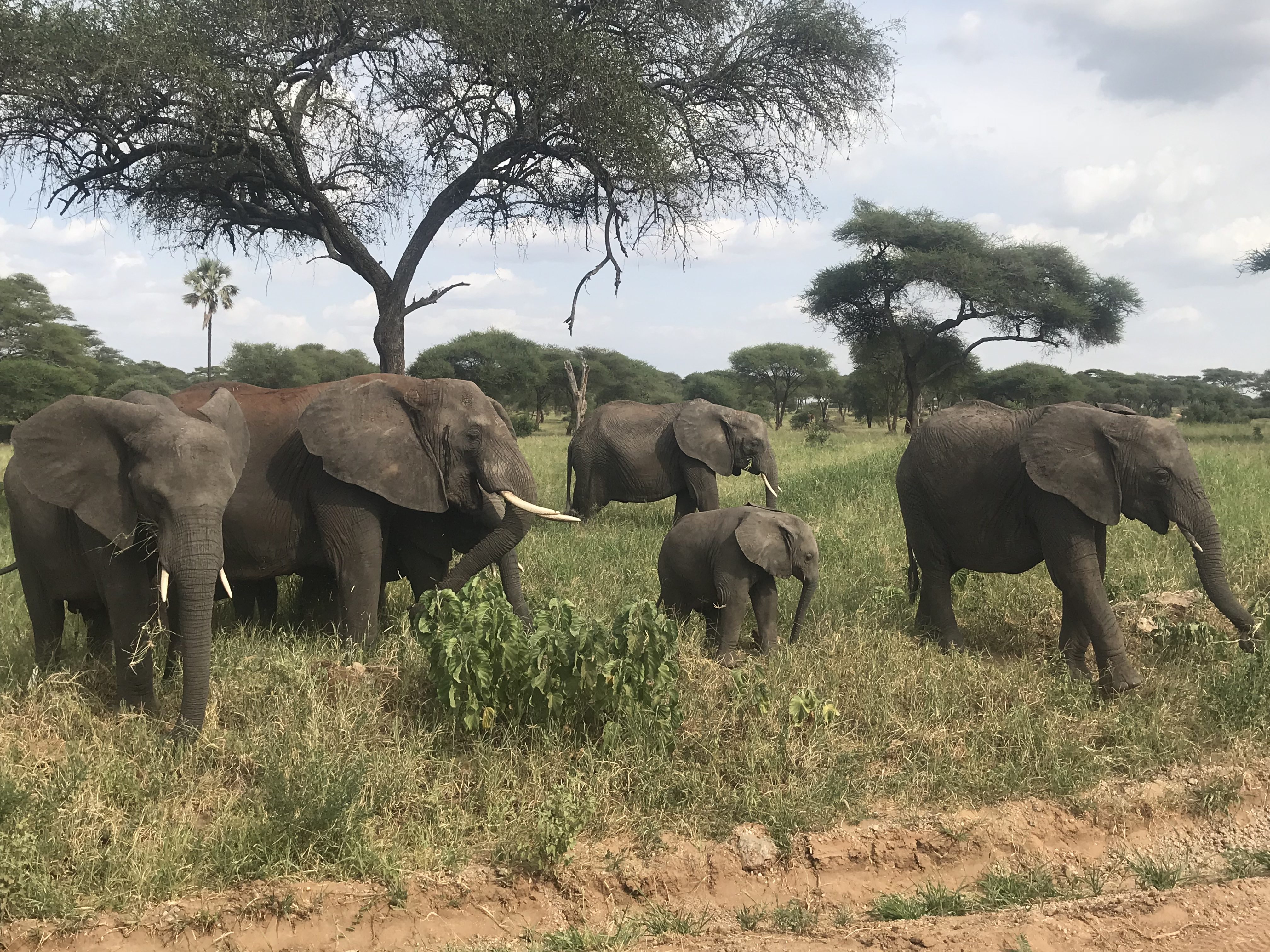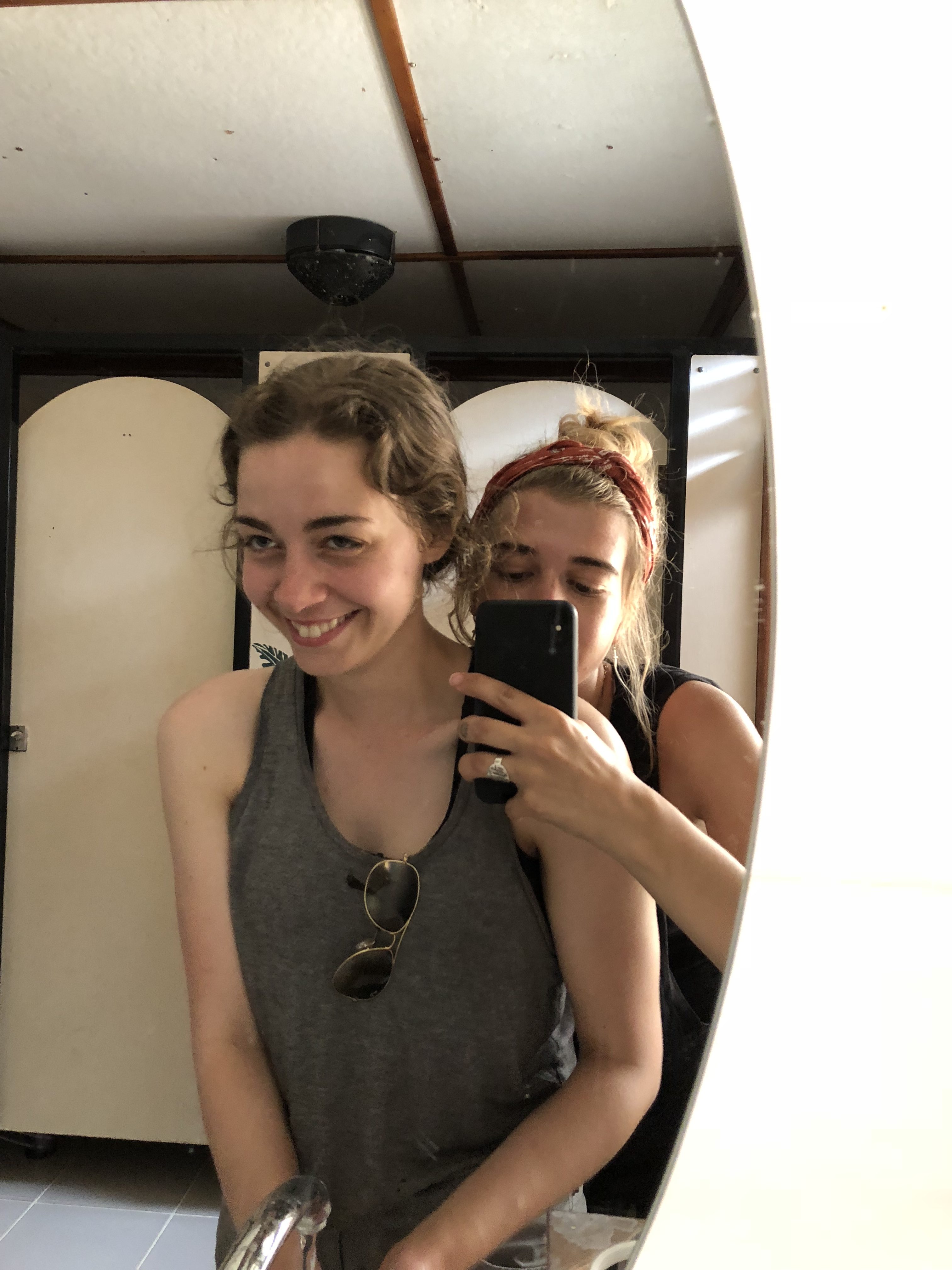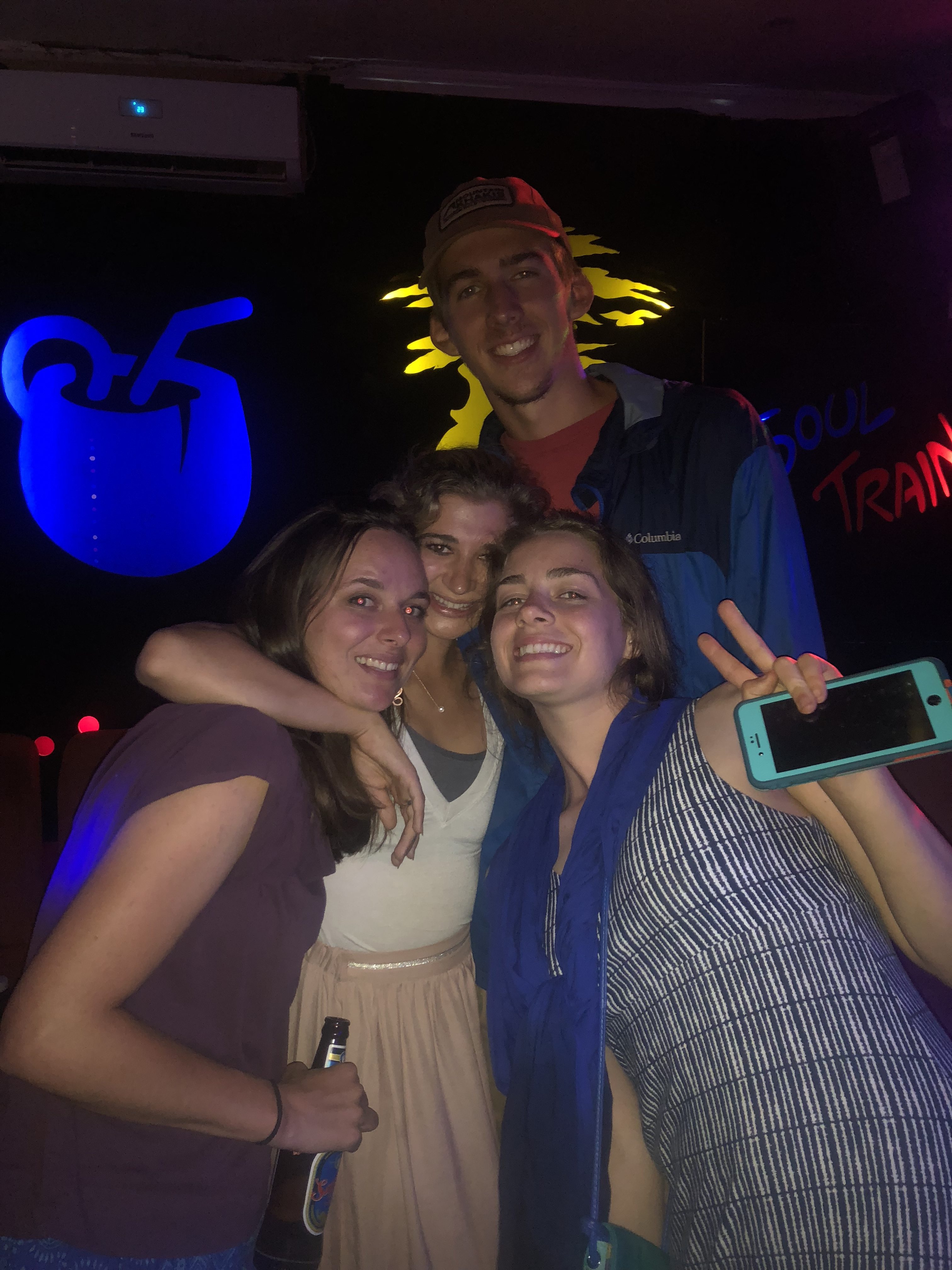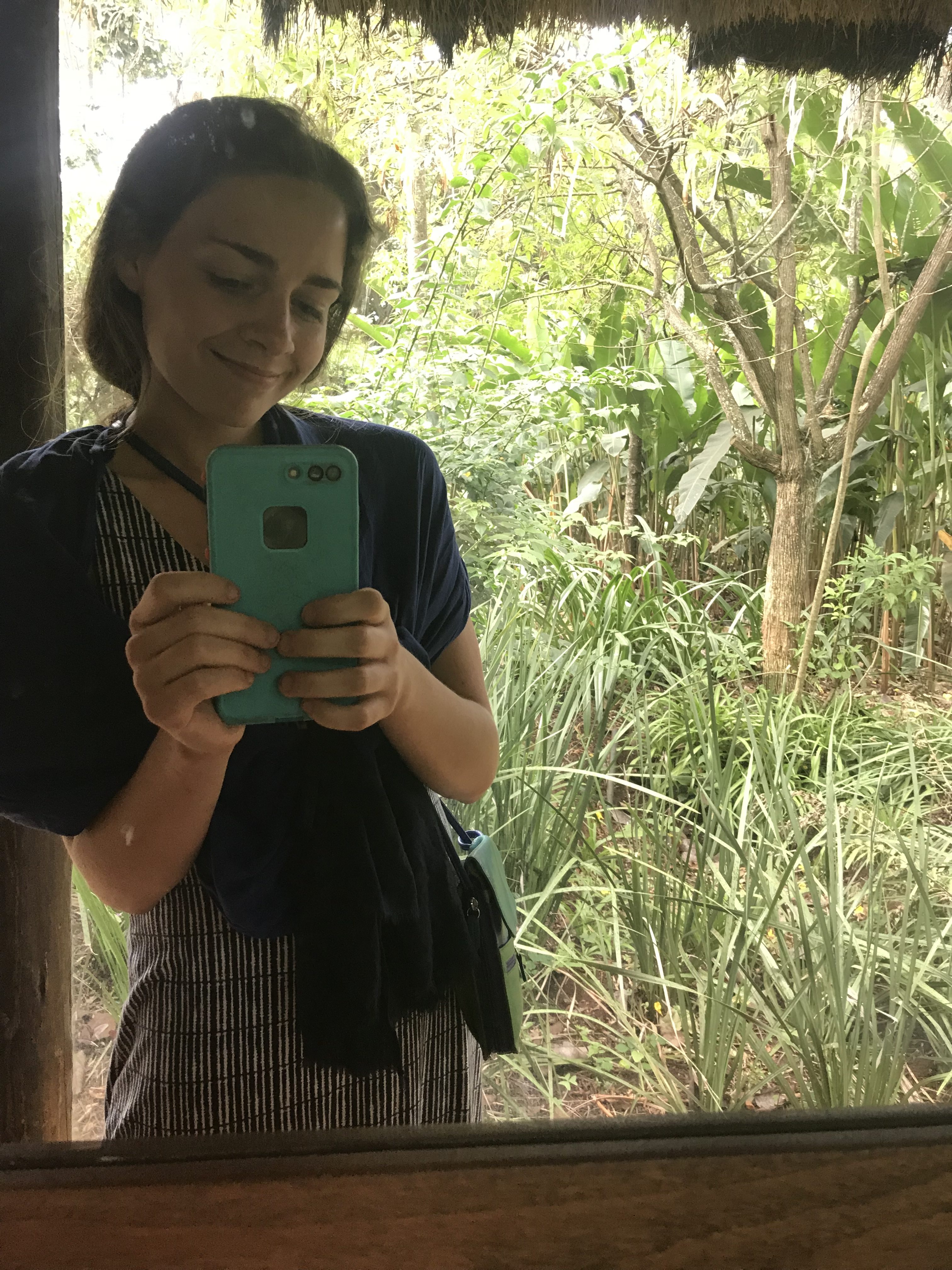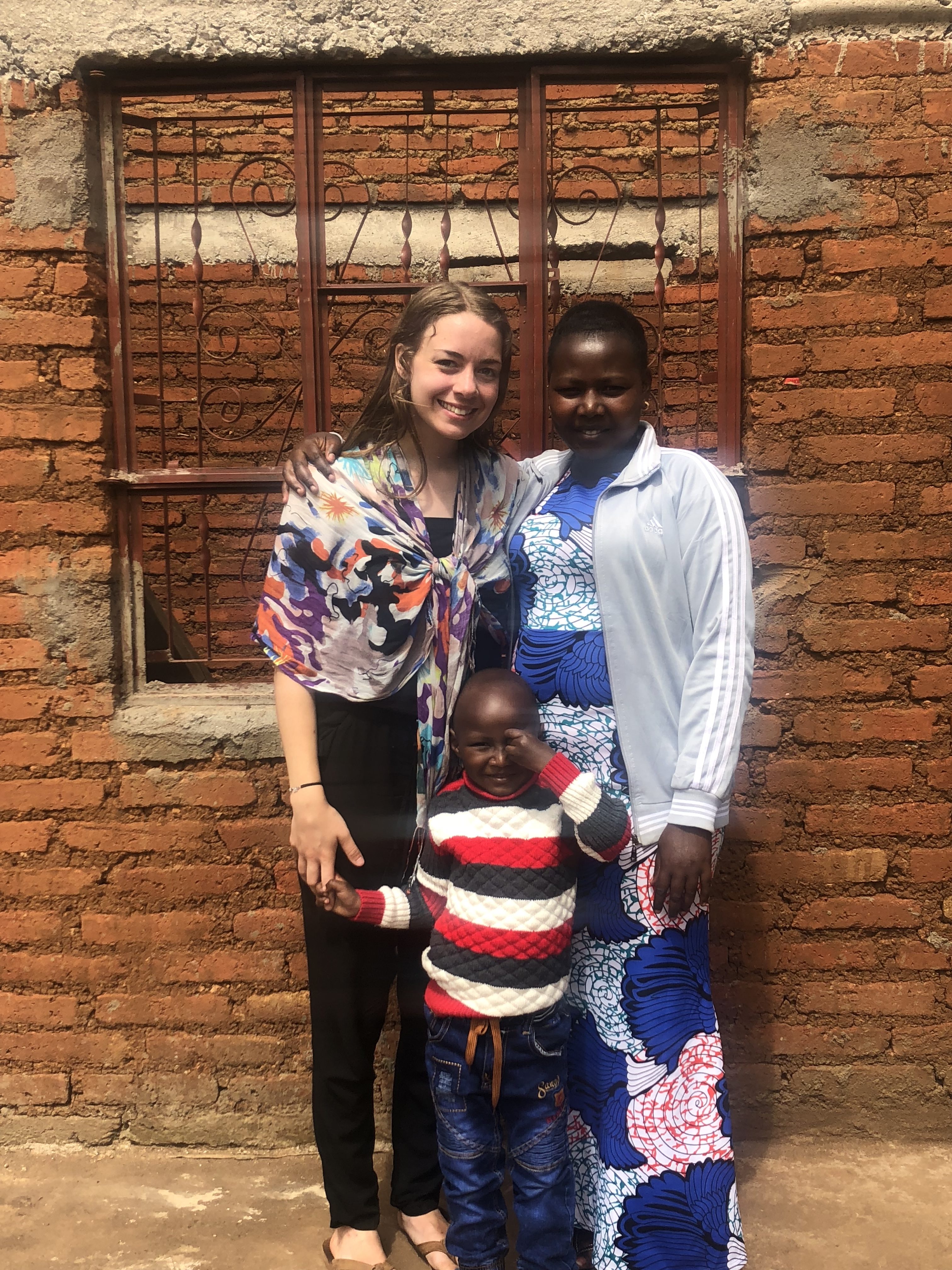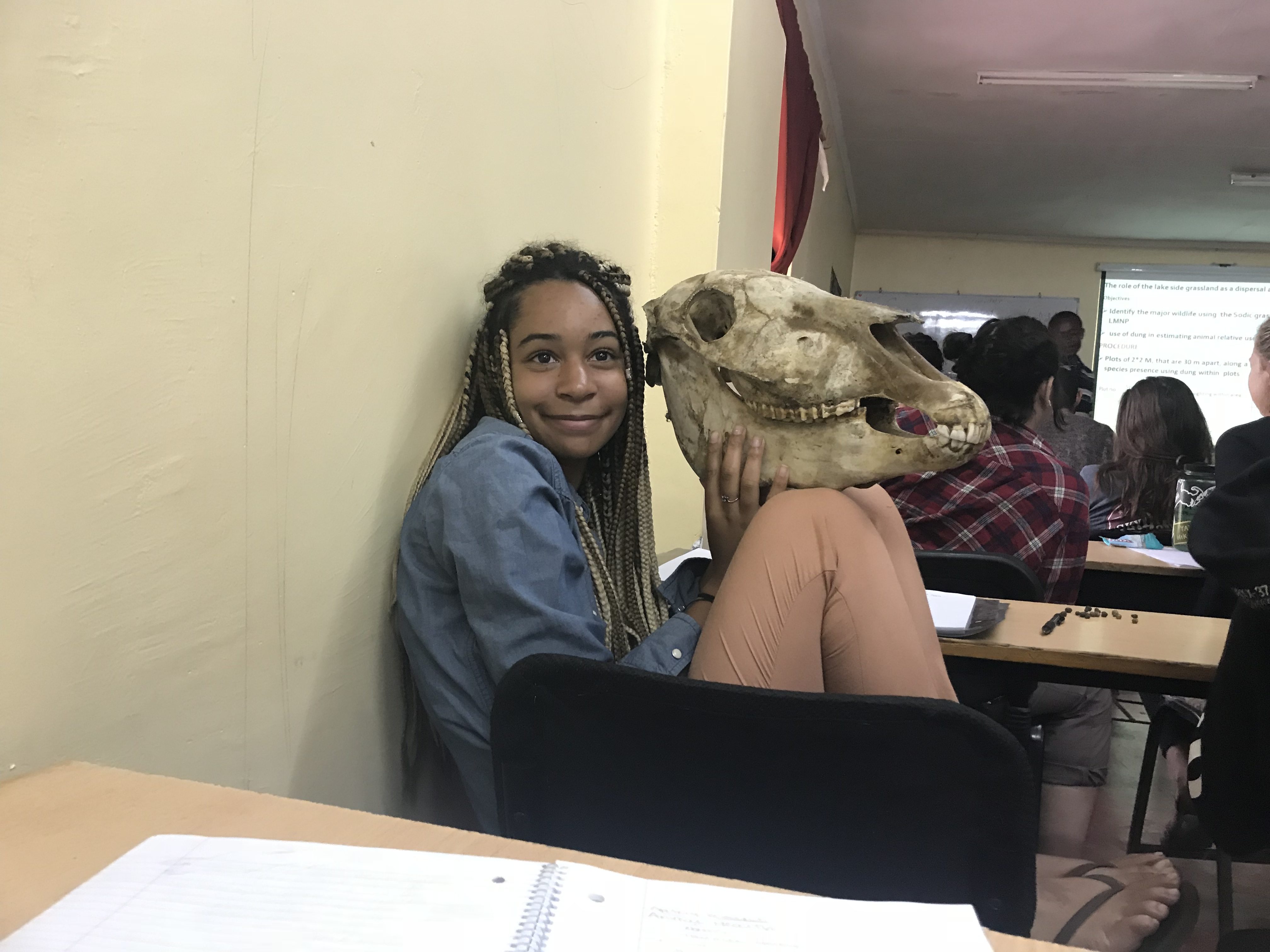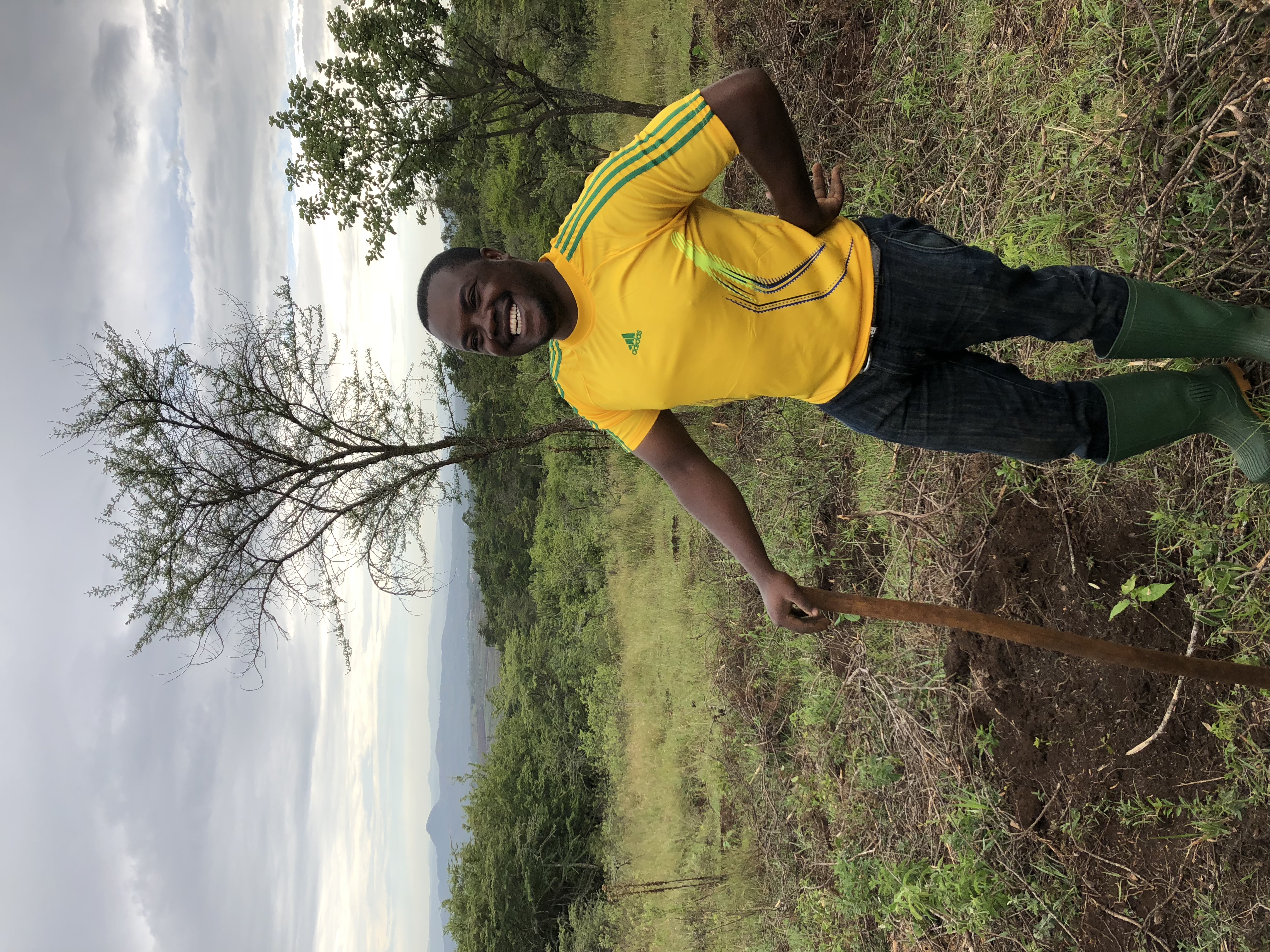I write having just camped outside Tarangire National Park for five days!!
A few highlights of the past week and a half:
We traveled to Selela, a villlage about an hour and a half away from our home base. There we learned about their land use plan set up by the community with an NGO. Quick overview: NGOs help the community gather $10,000, that money goes towards paying professionals for their recommendations about the most sustainable use of land.
The main source of conflict in Selela is between farmers, pastoralists and the wildlife as they compete for land. The land use plan broke up the land in a fair and sustainable way, and now the community meets regularly to discuss how to improve it.
I did leave Selela feeling disheartened. Though there were water sources, overall, water remains a precious resource, and clean water is not accessible at all. This is undoubtedly an injustice and is 100% dis-empowering the community. Not only is typhoid spreading through dirty water, but economically and environmentally, locals are not able to maximize the farmland or pastoral land that they have… hence why they continue cutting down forest land because it’s all about quantity instead of quality.
Questions I’m going to research more about: is there a sustainable way to fix the water crisis? What kind of research is being done about water? And is there some kind of project I can be involved in to learn more about it?
Aside from Selela, we also spent time at a primary school and a tree nursery! Both super cool places and both examples of local level empowerment! The tree nursery is in place due to the deforestation that is taken place in the past 40 years to allow for land cultivation. People in Tanzania were economically dis-empowered during colonization, and farming allowed for a way forward post-independence. That said, farming is now backfiring as over-cultivation has led to intense land erosion and poor soil quality. Now land is not nearly as productive, the ecosystem has been destructed and wood and water have become very precious and inaccessible resources.
In terms of the school, I was wary upon first going because I was skeptical that it might enable the white savior complex. I was very pleasantly surprised though! Quick overview: The primary school currently provides an education to 1000 students, and accepts any student who shows up and wants an education. Sponsors in Europe and the US are able to donate $1,500 to cover a students educational and Heath fees for their whole educational career! My favorite part of the school is the fact that students do not need a sponsor to receive an education; aka they don’t need a savior. Though the school was dependent on Western funds to begin with, it is now run by locals and empowering students to be leaders within their own communities… super cool stuff! That said, proper education continues to be a poignant issue throughout Tanzania, which is something I am having a very difficult time coming to terms with.
I continue to wrestle with the brutal reality of how education, water and energy are scarce to so many local community members; however, on a more positive note, I look forward to learning about effective policies and community driven NGOs that are shaping a better future.
I attached lots of pictures below (including safari pics)!! Enjoy!!!!
